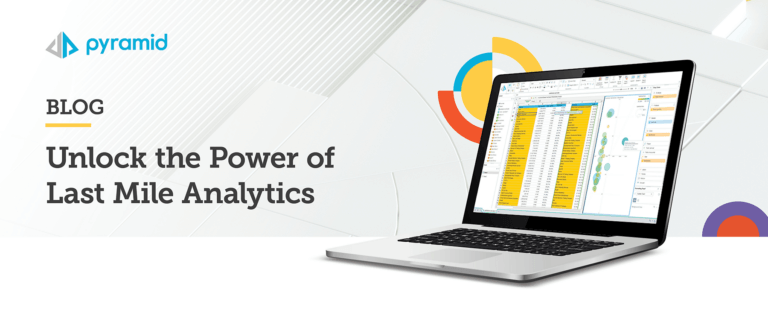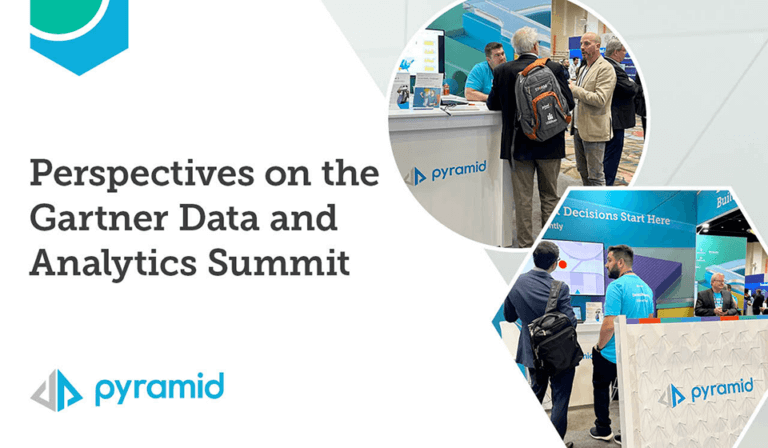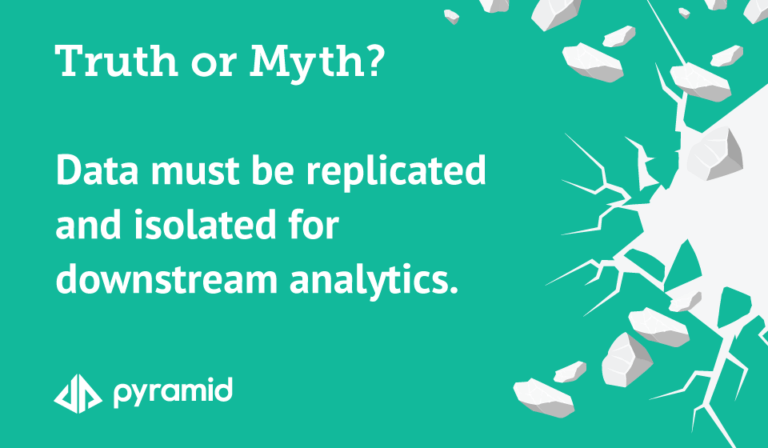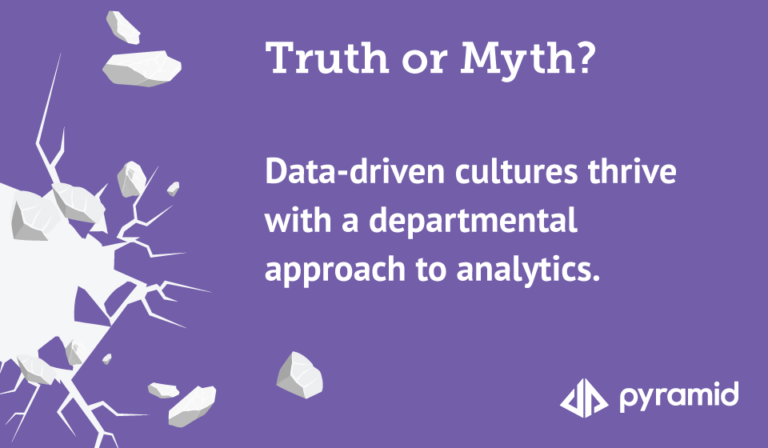Today’s most successful companies are driven by data. So, naturally, data analytics lies at the heart of their digital transformation. But for too many companies, the labour and investments associated with data analytics aren’t driving real business value. Too often, business leaders overlook the cultural and collaborative aspects of analytics adoption they need to build organisational resilience, especially as business challenges evolve.
The Keys to Driving Data Transformation
How can successful companies leverage analytics to deliver real business value? What key levers can business leaders pull to drive employee adoption, value-oriented analytics behavior and real ROI? Here are four strategies:
1. Defining Digital Transformation with Data Analytics
Digital transformation is about more than new technology. Data analytics must be at the core of modern digital transformation (i.e., data transformation), but business leaders must do more, including optimising the business-decision supply chain—the sequence of processes by which data producers turn raw data into trusted and actionable business information.
Fortunately, there are opportunities for companies to bridge the gap between data and business users. The key is creating analytics environments that span business groups, with dedicated tools and intuitive interfaces for employees.
2. Tailoring Data Analytics to Data Producers and Consumers
Part of data transformation is emphasizing communication and collaboration across groups within the organisation. This especially applies to data producers—such as data stewards, BI developers and CDOs—and data consumers; including analysts, line managers and company executives.
Connecting these groups makes the successful business-decision supply chain possible. It ensures consumers can leverage data insights to make better decisions and drive real organisational value, effectively putting your data to work and working effectively with your data!
3. Providing All Employees with Secure and Trusted Data
Business leaders can give all their teams the trusted data they need to make better decisions in their unique roles without sacrificing governance and security best practices. It is the modern analytics that feature democratised access, sophisticated governance and robust self-service capabilities that make this possible.
4. Making Resilience the Foundation of Your Successful Transformation
Helping all users become self-sufficient in how they access and leverage insights from data builds business resiliency. Streamlining collaboration with dedicated tools in your analytics environment also strengthens the bonds between individual employees across diverse teams and departments.
Taking the Next Steps: Actionable Insights are the Goal
Real competitive value in data analytics comes from actionable insights in the hands of your employees. As your business needs evolve, the quality of communication between data producers and consumers will also grow increasingly important, posing a direct impact on your company’s agility.












